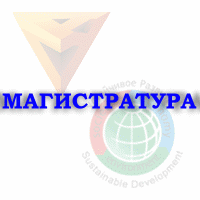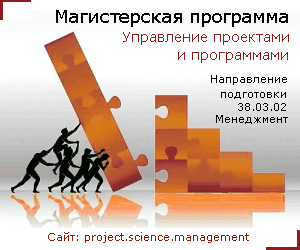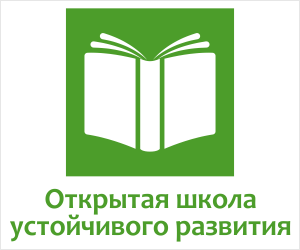Petrosyan Evgine Hachaturovna, 5th year student of Institute of Architecture and Design, Siberian Federal University
Kilina Ekaterina Fiodorovna, 5th year student of Institute of Architecture and Design, Siberian Federal University
Kukina Irina Valeryevna (research supervisor), candidate of architecture, professor of department of town planning of the Institute of Architecture and Design, Siberian Federal University
Abstract
In article position of monotowns in structure of the Russian Federation is considered. Here influence of a situation in monotowns on viability of all country is considered: on defense capability, economic familiarity of the territory, efficiency of economy, development of science, socio-political stability and even on foreign policy. The economy of Russia is substantially presented by the city-forming enterprises of monotowns. In work conceptual strategies of development for monotowns on the example of Yeniseisk and Lesosibirsk are submitted. The cities essentially differ from each other on city-forming base, age, population and on development potential. Upon transition of the monoprofile cities to versatile, at them to appear an opportunity to combine in itself the best qualities of small and big cities. It will prevent outflow of the population to megalopolises. Development of monotowns is a way to sustainable development of all country.
KEYWORDS: monotowns, development of monotowns, sustainable development, economy, development strategy, Yeniseysk, Lesosibirsk.
Download article DEVELOPMENT OF MONOTOWNS — A WAY TO SUSTAINABLE DEVELOPMENT OF THE COUNTRY![]()

 ПОСЛЕДНИЕ ЭКЗЕМПЛЯРЫ ТИРАЖА
ПОСЛЕДНИЕ ЭКЗЕМПЛЯРЫ ТИРАЖА





